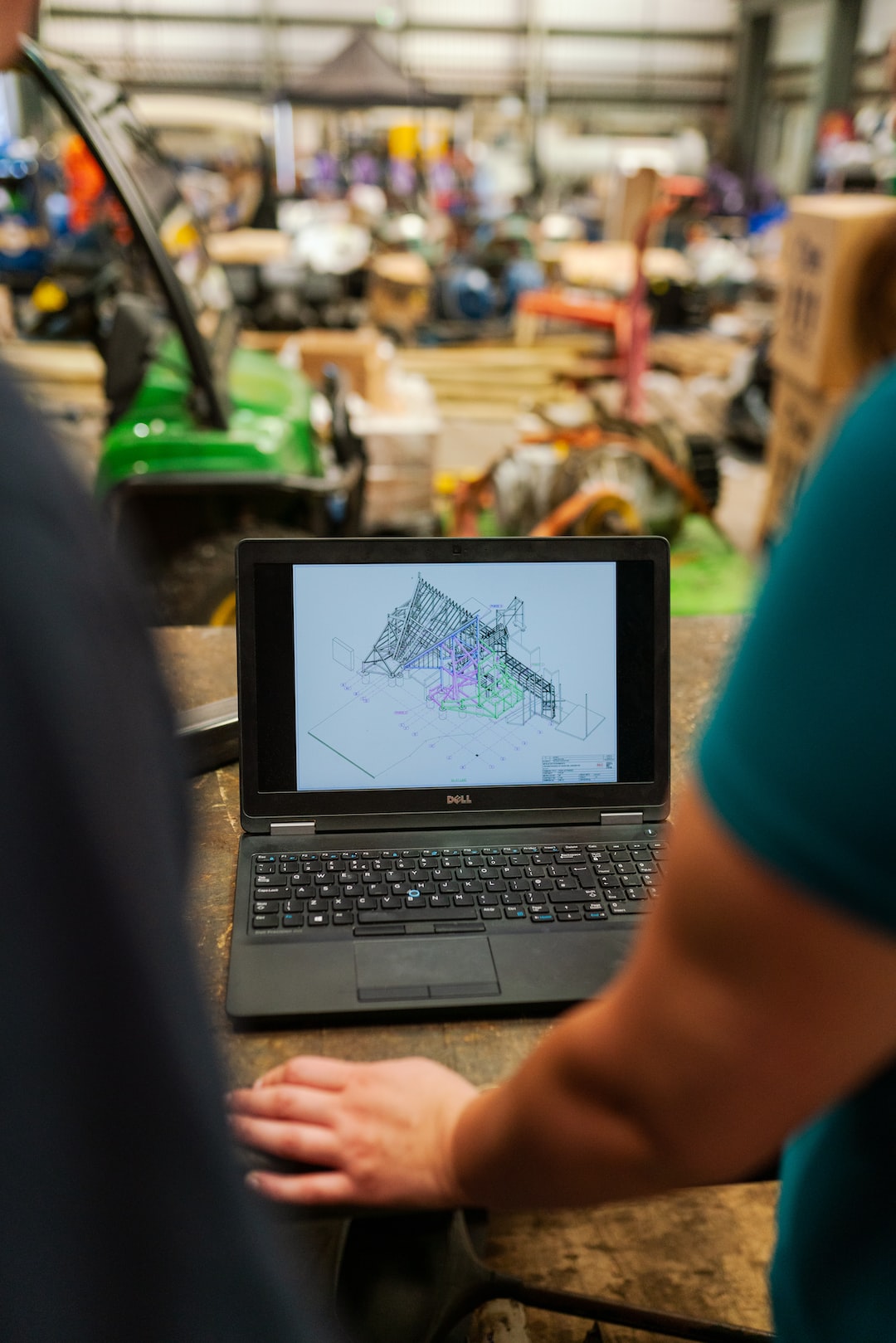The Fascinating World of Nanotechnology and Engineering Applications
Nanotechnology, the science of manipulating matter at the nanoscale level, has revolutionized several industries in recent years. Primarily an intersection of physics, chemistry, and engineering, nanotechnology deals with materials and devices that are smaller than 100 nanometers. To put this into perspective, a nanometer is one billionth of a meter, which is roughly the size of a few atoms.
Nanotechnology has captured the attention of scientists, engineers, and researchers around the world, as its potential applications in various fields are truly astounding. In fact, it is now an integral part of engineering, with extensive research being conducted on nanomaterials and nanoparticles for the development of advanced devices and systems.
One of the most fascinating aspects of nanotechnology is its ability to enhance the properties of materials. By manipulating their atomic and molecular structure, scientists can create materials with unique characteristics. For example, carbon nanotubes possess exceptional strength, thermal conductivity, and electrical properties. These properties make them highly suitable for applications in aerospace, electronics, and even medicine.
In the field of electronics, nanotechnology plays a crucial role in the development of smaller and more powerful devices. Nanoscale transistors and integrated circuits are now at the forefront of semiconductor technology, enabling the creation of faster and more efficient electronic components. Furthermore, nanotechnology allows for the miniaturization of memory devices, such as flash drives and solid-state drives, enabling the storage of vast amounts of data in increasingly smaller spaces.
Nanotechnology also holds immense promise in the field of renewable energy. High-performance nanomaterial coatings can enhance the efficiency of solar panels, allowing them to harvest sunlight more effectively. Additionally, nanotechnology can be employed in the development of lightweight and durable batteries for energy storage, further advancing the utilization of renewable sources.
Another exciting area where nanotechnology is making significant contributions is medicine. Nanoparticles, with their unique properties, show great potential in drug delivery systems. By attaching therapeutic agents to nanoparticles, scientists can precisely deliver drugs to target cells, reducing side effects and increasing efficacy. Furthermore, nanotechnology is being explored in diagnostics, with the development of highly sensitive nanosensors for early detection and monitoring of diseases.
Not limited to electronics, renewable energy, and medicine, nanotechnology also has profound implications in various engineering disciplines. For instance, in aerospace engineering, nanomaterials are used to create lightweight and robust structural components, enhancing fuel efficiency and reducing emissions. Similarly, civil engineers are exploring the use of nanotechnology in construction materials, such as concrete, to improve durability and strength.
While nanotechnology offers immense possibilities, it also faces challenges on several fronts. The health and safety implications of exposure to nanoparticles are still being understood, and ethical considerations need to be addressed. Additionally, the high costs and scalability of nanomanufacturing are significant hurdles to overcome for widespread adoption.
Nevertheless, the world of nanotechnology and its engineering applications are continuously evolving and expanding. The potential to create materials and devices with unprecedented properties is both captivating and promising. As scientists and engineers push the boundaries of what is possible, the impact of nanotechnology on various industries will only continue to grow.
In conclusion, the world of nanotechnology and its engineering applications present limitless opportunities for technological advancement. From electronics to renewable energy and medicine, nanotechnology holds the key to revolutionizing numerous sectors. While challenges still exist, the ability to manipulate matter at the nanoscale level is changing the way we perceive and interact with the world around us. The journey into this fascinating world has only just begun, and the possibilities are truly awe-inspiring.


